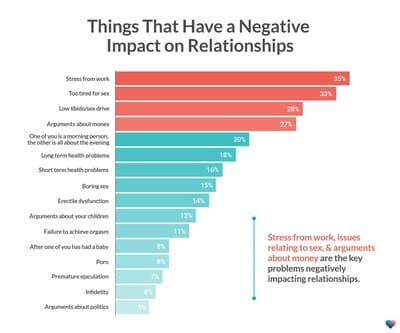Commitment Issues Test
3 Min Free Commitment Issues Test
Who Can Benefit From This Commitment Issues Test?
This commitment issues test can be beneficial for anyone who is interested in assessing their level of commitment in relationships or identifying potential commitment issues. Commitment issues can be a common concern for individuals who struggle with fear of intimacy, insecurity, or a history of unsuccessful relationships.
Individuals who are experiencing difficulties with commitment, such as avoiding long-term relationships or feeling anxious about commitment, may find this test particularly helpful in identifying areas for improvement. Additionally, those who are interested in personal growth and development may find the results of this test useful for identifying strategies to manage or overcome commitment issues.

Commitment Issues Test Accuracy

The accuracy of a commitment issues test can vary depending on several factors, including the specific test used, how the test is administered, and the individual taking the test.
Commitment issues tests are designed to assess various aspects of commitment, such as the presence of fear of intimacy or avoidance of long-term relationships. While these tests can provide a useful starting point for individuals who want to assess their level of commitment in relationships, it’s important to recognize that no single test can fully capture all aspects of commitment or relationship dynamics.
Additionally, it’s important to consider that self-report measures, such as commitment issues tests, may be influenced by factors such as social desirability bias or response bias, meaning that individuals may respond in a way that they think is socially desirable or that they believe will produce a certain result.
Types of Commitment Issues Test
Adult Attachment Style:
This test measures an individual’s attachment style, which can influence their level of comfort and security in relationships.
Fear of Intimacy Scale:
This test measures an individual’s fear of intimacy, which can be a factor in commitment issues.
Relationship Assessment Scale:
This test measures various aspects of relationship satisfaction, including commitment and communication.
Commitment Phobia Test:
This test assesses an individual’s level of fear or avoidance related to commitment in relationships.
Relationship Closeness Inventory:
This test measures the level of closeness and intimacy in a relationship, which can be a factor in commitment.
The Investment Model Scale:
This test assesses an individual’s level of investment in a relationship, which can be a predictor of commitment.
Treating Commitment Issues
Treating commitment issues can involve various strategies, depending on the underlying causes and individual needs. Here are a few suggestions:
- Identifying and addressing underlying issues: Commitment issues can be related to underlying concerns such as fear of intimacy, trust issues, or past relationship trauma. Seeking a diagnosis and treatment plan from a mental health professional can help identify and address these issues.
- Cognitive-behavioral therapy (CBT): CBT can be effective in treating commitment issues by helping individuals identify and challenge negative thought patterns and develop more positive beliefs and behaviors related to relationships.
- Experiential therapy: This type of therapy involves experiencing new, positive relationship behaviors in a safe and supportive environment, which can help build trust and confidence in relationships.
- Mindfulness and relaxation techniques: Reducing stress and anxiety through mindfulness and relaxation techniques can help individuals manage anxiety related to commitment and develop more positive coping strategies.
- Communication skills training: Improving communication skills can help individuals express themselves more effectively in relationships and address potential conflicts or misunderstandings.
- Supportive relationships: Developing and maintaining positive relationships with supportive individuals can help reduce stress and improve mood. This can include reaching out to friends or family members or joining support groups.

